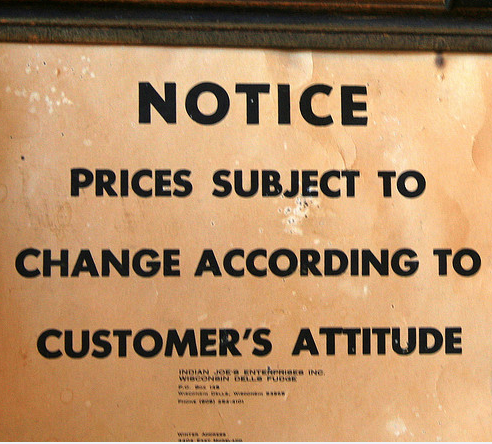Schweizer Journalist, Nr. 10 + 11/2009
American journalism is in a “protracted moment of painful change,” and “both its business model and its sense of mission are in full retreat.”
How might journalism regain its relevance, asks Brent Cunningham, managing editor of the Columbia Journalism Review, as he describes today’s journalists as being driven rather than driving. According to Cunningham, the keeper of the record is “aggressively catered to by a public relations apparatus that permeates every public or private institution,” emitting “an endless stream of incremental developments” keeping reporters “busy, busy, busy.”
This leaves “far too little room” for more important roles of the press such as “investigator, explainer, and arbiter of our national conversation” – all functions not easily adopted by amateurs and bloggers. Cunningham suggests the press should pay “less attention to breaking, event-driven news and more to sustained coverage of ideas and – crucially – solutions.” It should stop “reflexively marginalizing voices that come from the fringes simply because no one ‘official’ is embracing them.”
His thoughtful, attention-worthy piece encourages journalists to take a stand. “There is a way to lead the conversation without being politically partisan—to initiate the debate, shepherd it, report out the various positions, ideas, and arguments; to reach conclusions based on the understanding and expertise that are developed in this process, about what ideas and policies make the most sense for the collective good…Through it all, let the public see how those conclusions were reached.” In short, “news outlets would have to explain themselves and their decisions” and “they would need to convince the public, by words and deeds, that they are on its side” instead of “being just a check on power.”
The prisoner’s dilemma
While, in the spirit of enlightenment, Cunningham reminds us of journalism’s public service mission, the previous CJR edition finds David Simon dealing with the business side. Using the New York Times and the Washington Post as examples, he concisely describes the unfortunate situation in which publishers spend months discussing pay walls rather than introducing them. In an article entitled “Build the Wall,” he appeals to Arthur Sulzberger and Katharine Weymouth, writing in open letter form: “You must find a way, in the brave new world of digitization, to make people pay for content. If you do this, you still have a product and there is still an industry, a calling, and a career known as professional journalism. If you don’t find a way to make people pay for your product, then your are – if you choose to remain in this line of work – delusional.”
Simon is correct, content matters. Even before the triumphant advance of the Internet, readers paid for journalism produced in newsrooms, not for the printing and distribution of sheets of paper. However, viewing publishers from a games theory perspective, they appear to be in a prisoners’ dilemma: Whoever makes the first move in building the pay wall must be confident competitors will follow immediately, or customers will be lost.
Quoting instead of cannibalizing
The destructive “all for free” virus certainly infected the public, but media companies and newsrooms aren’t exactly immune. Proof can be found in the dauntless grasp for free PR material, and the fact that an increasing number of respectable editors seem to believe they can do without news agencies. Using the British press for example, Angela Phillips, a journalism researcher at Goldsmiths University in London, analyzed the effects of a free online news slant in the newsroom, predicting a wide use of the copy-and-paste technique among competing Web sites. According to Phillips, news organizations are cannibalizing each other, and theft of intellectual property is rampant in Britain. In her presentation at the Future of Journalism conference in Cardiff she demanded greater source transparency. If journalists pick up material and ideas from other media outlets, they should let their readers know from where the news is coming – even if it arrives from a competitor. This would certainly be a first step toward regaining credibility.
Sources:
Brent Cunningham, Take a Stand, Columbia Journalism Review, September/October 2009
David Simon, Build the Wall, Columbia Journalism Review, July/August 2009
Tags: Brent Cunningham, Columbia Journalism Review, Media economics, PR

![Reblog this post [with Zemanta]](http://img.zemanta.com/reblog_e.png?x-id=786a83bc-6cc3-4522-9653-246b9ee0a9e8)












































